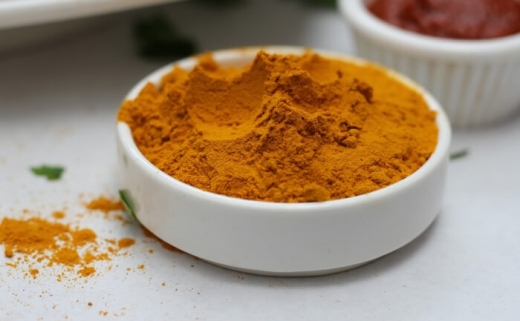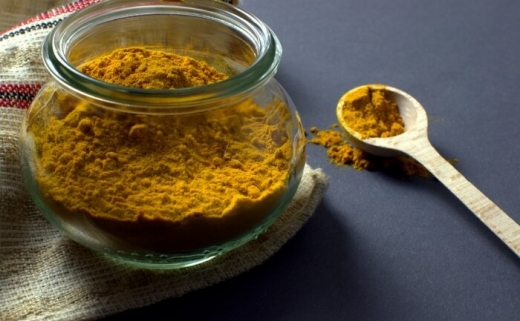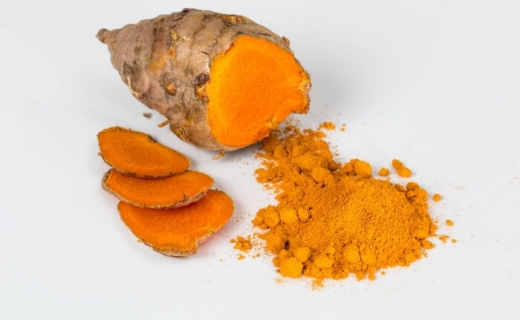Unleashing the Power of Tribulus Terrestris (Gokshura): A Scientific Look at the Benefits
Tribulus terrestris, also known as gokshura, is a plant native to warm temperate and tropical regions of the world. It has been used for centuries in traditional medicine, and is commonly found in Mediterranean countries and India. In traditional medicine, Tribulus terrestris has been used to treat a variety of conditions, including infertility, kidney and urinary problems, and cardiovascular disease. Some studies have suggested that Tribulus terrestris may have antioxidant, anti-inflammatory, and cardiovascular-protective effects.
Tribulus terrestris, also known as puncture vine, is a plant that has been used for centuries in traditional medicine. It is native to warm temperate and tropical regions of the world, and is commonly found in Mediterranean countries and India. Tribulus terrestris is often marketed as a natural supplement for improving libido, athletic performance, and body building. However, the scientific evidence for these effects is mixed. In this article, we will take a scientific look at the potential benefits of Tribulus terrestris.
Tribulus Terrestris as an Aphrodisiac: Traditional Uses and Modern Evidence
One potential benefit of Tribulus terrestris is its effect on libido and sexual function. In traditional medicine, Tribulus terrestris has been used as an aphrodisiac to enhance sexual desire and performance. Some studies have suggested that Tribulus terrestris may have a positive effect on libido and sexual function. For example, a study in rats found that Tribulus terrestris increased sexual activity and improved erectile function (https://www.ncbi.nlm.nih.gov/pubmed/18046596).
However, the evidence in humans is less clear. A randomized, double-blind, placebo-controlled trial found that Tribulus terrestris had no significant effect on libido, erectile function, or sexual satisfaction in men with erectile dysfunction (https://www.ncbi.nlm.nih.gov/pmc/articles/PMC5417049/). Another study in healthy men found that Tribulus terrestris had no significant effect on testosterone levels or sexual function (https://www.ncbi.nlm.nih.gov/pubmed/17457420).
Effect of Tribulus Terrestris on Athletic Performance: A Closer Look
Another potential benefit of Tribulus terrestris is its effect on athletic performance. Some studies have suggested that Tribulus terrestris may increase muscle strength and improve athletic performance. For example, a study in mice found that Tribulus terrestris increased muscle strength and endurance (https://www.ncbi.nlm.nih.gov/pubmed/21595967). However, the evidence in humans is less clear. A double-blind, randomized, placebo-controlled clinical trial found that Tribulus terrestris had no significant effect on body composition, muscle strength, or testosterone levels in resistance-trained males (https://www.ncbi.nlm.nih.gov/pubmed/19117729). A systematic review and meta-analysis of randomized controlled trials also concluded that Tribulus terrestris had no significant effect on testosterone levels or athletic performance (https://www.ncbi.nlm.nih.gov/pmc/articles/PMC5741505/).
Beyond Libido and Athletic Performance: The Potential Health Benefits of Tribulus Terrestris
Despite the lack of clear evidence for its effects on libido and athletic performance, Tribulus terrestris may have other potential health benefits. Some studies have suggested that Tribulus terrestris may have antioxidant, anti-inflammatory, and cardiovascular-protective effects. For example, a study in rats found that Tribulus terrestris reduced oxidative stress and improved cardiovascular function (https://www.ncbi.nlm.nih.gov/pubmed/27072497). Another study in rats found that Tribulus terrestris had anti-inflammatory effects and improved kidney function (https://www.ncbi.nlm.nih.gov/pubmed/20600169). However, more research is needed to fully understand these potential benefits and to determine their relevance to human health.
Despite its potential benefits, Tribulus terrestris may also have some risks. It is important to note that the safety of Tribulus terrestris has not been extensively studied in humans. Some studies have suggested that Tribulus terrestris may have negative effects on liver













































